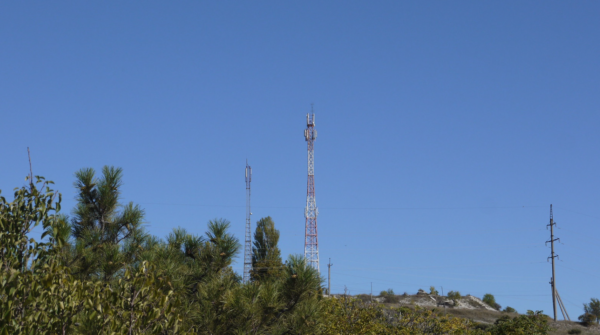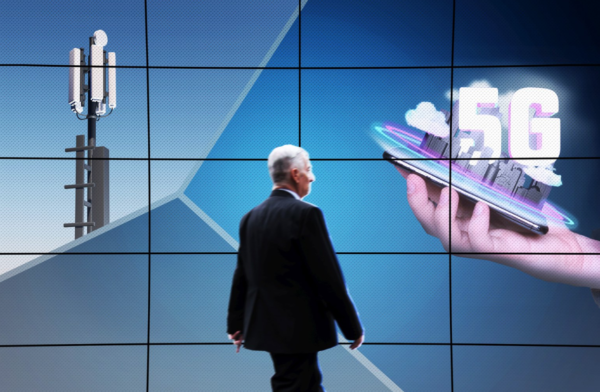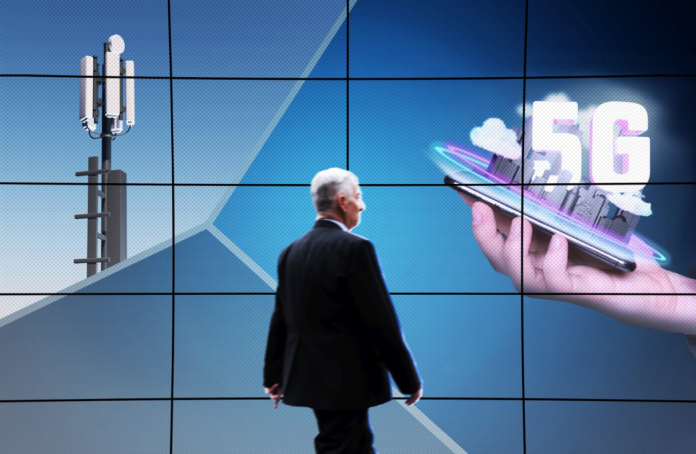As Spark begins the first steps to bring 5G connectivity to New Zealand, there is still considerable confusion regarding what the technology is. As the disinformation scene on the likes of Facebook will undoubtedly run the rounds, we want to get ahead of the pack and look at the real benefits and shortcomings of this coming generation.
What 5G Technology?
Simply put, 5G is an update to mobile data connections which will allow much greater response speeds, higher bandwidths, and more simultaneous users. The systems which allow this are not compatible with existing cell towers or mobile devices, which means that new towers will have to be built, and new phones will have to be bought for this connectivity to become possible.
Dangers and Limitations
Physical harm as created by cell towers is often a concern for those who consider themselves ‘electrosensitive’. In reality, such concerns have no basis in truth, having been thoroughly debunked under scientifically rigorous standards. While it is entirely possible that people do suffer pain while in close proximity to cell towers, this is assuredly unrelated or psychosomatic.
In fact, there was once a case in South Africa where residents were massively upset over the pain caused by a cell tower’s operation. Issues here supposedly included headaches, nausea, tinnitus, and rashes. These problems seemingly vanished when residents left the local area. The only problem with this narrative came from the fact that the tower was switched off six weeks before locals confirmed their ongoing problems.
There are, however, real limitations of 5G which are unrelated to health. The primary issues relate to the cost of installing new towers, the highly limited range of new towers, and the limited penetrations which these have through buildings. In short, not only are new towers going to be necessary, but we are going to need a lot of them if 5G is to be useful.

“P1060565” (CC BY 2.0) by maxvid
Will 5G be Useful?
This depends on how you use your mobile device. Many people use their mobiles to load up Facebook Messenger and have a chat, in which case 4G services are already well suited. The same can be said if you use YouTube or Twitch to stream videos or play basic mobile games that require a connection. This also applies for players wanting to join a minimum deposit casino and take advantage of a welcome offer, such as a deposit bonus, before playing a few hands of poker or having a few spins on slots, as current 4G speeds are more than enough.
For more demanding games and high-definition streaming, however, 5G could prove a real benefit. Fast-paced real-time multiplayer games like PUBG, for example, will tend to play much better over a 5G connection. The same can be said for upcoming game-streaming services like Project xCloud and Stadia. Ultra-HD video streaming will also become possible over 5G, as it can’t manage on current network bandwidth limits. The final major advantage will come from general large data transfers, should this become necessary over mobile devices for whatever reason.

“5G Videoscreen” (CC BY-SA 2.0) by Christoph Scholz
Late Arrival
At the time of this article, only Spark has begun a 5G rollout, and only in very few locations. While other providers like Vodafone are poised to follow, their adoption will likely be similarly initially slow. Throughout 2020, a few major city centres will probably see 5G integration, with Auckland and Wellington being the most likely locations.
If you live in these areas, and you use your phone in a way we touched on above, then it might be worth looking into an upgrade next year. Otherwise, older mobiles and 4G connections are still more likely to be the best choice.




